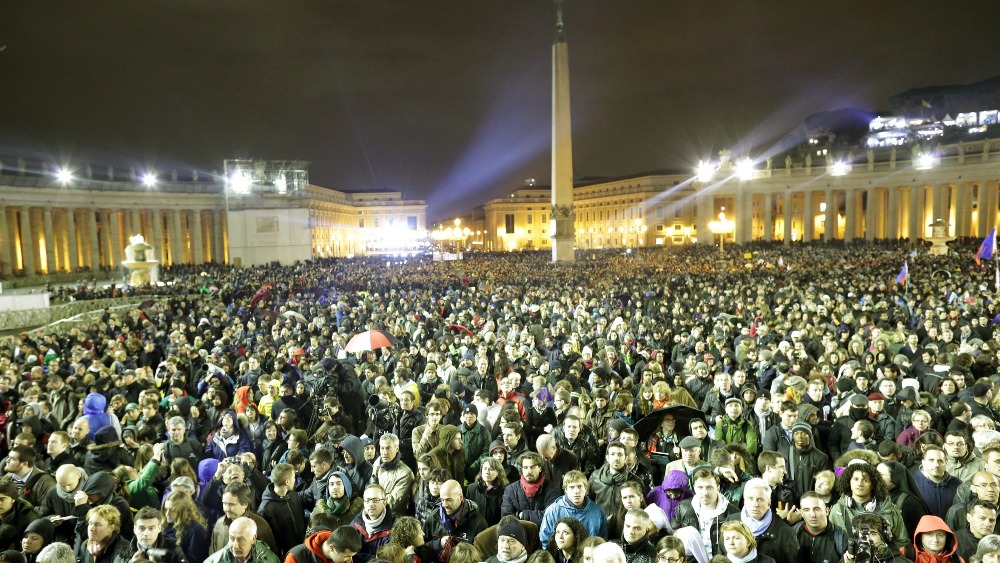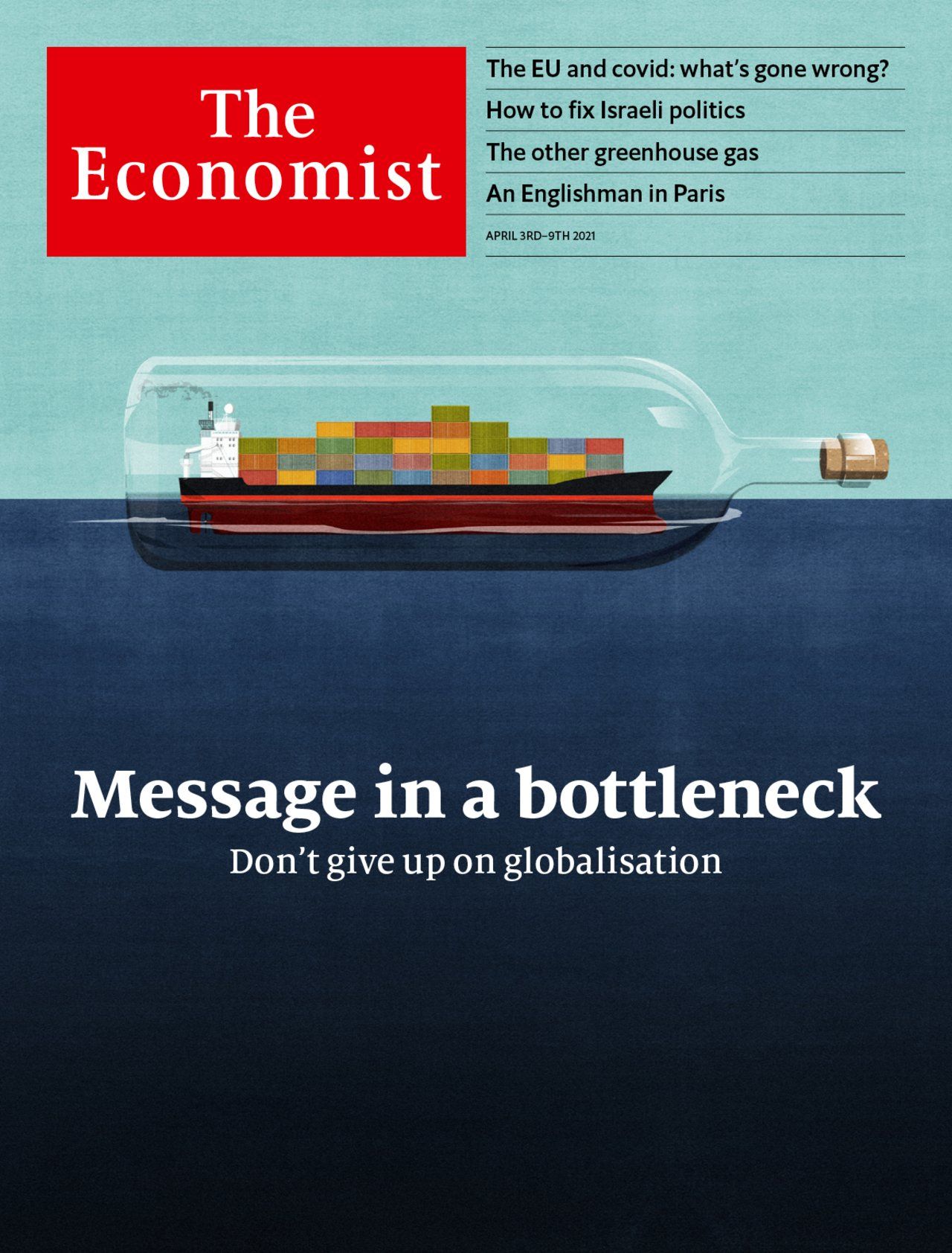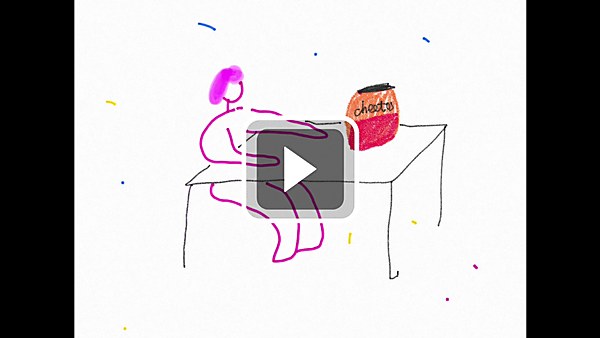How The Pope Is Elected: A Guide To The Conclave

Table of Contents
The Process Leading Up to the Conclave
The Papal Election, or more specifically, the Conclave, doesn't just begin; it's preceded by a period of preparation and transition.
The Sede Vacante: A Time of Transition
The period between a Pope's death or resignation and the start of the conclave is known as the sede vacante (vacant see). During this time, the Catholic Church is technically without a head, although governance continues. The College of Cardinals assumes responsibility for the interim administration.
- The temporary administration of the Church: The Cardinal Camerlengo, a kind of temporary administrator, manages the Vatican City State's affairs. He ensures the smooth functioning of the Church's administrative bodies during this transition.
- The summoning of the Cardinals to Rome: Cardinals eligible to participate in the Conclave are summoned to Rome. This involves coordinating travel arrangements and accommodations for a large number of individuals from across the globe.
- Preparation of the Sistine Chapel for the Conclave: The Sistine Chapel, the historic location of the Conclave, undergoes a thorough cleaning and preparation. Security measures are heightened, and the necessary infrastructure for the cardinals' stay is set up.
Eligibility and the Cardinal Electors: Choosing the Next Pope
Only eligible cardinal electors can participate in the Conclave. Eligibility is determined by age; only cardinals under the age of 80 are permitted to vote.
- The number of cardinal electors: The number of cardinal electors varies depending on the number of cardinals appointed by the previous Pope. This number significantly influences the dynamics of the Conclave.
- The role of the Cardinal Camerlengo: The Camerlengo plays a crucial role, overseeing the preparations for the Conclave, including the verification of the cardinals' eligibility and the proper functioning of the election process.
- The importance of the pre-Conclave meetings: Before the Conclave begins, there are informal meetings amongst the cardinals. These meetings provide an opportunity for cardinals to discuss and consider potential candidates for the papacy.
The Conclave Itself: Seclusion and Election
The Conclave is a period of intense deliberation and secrecy, taking place within the confines of the Sistine Chapel.
Seclusion and the "Habemus Papam!": Announcing the New Pope
The Conclave is characterized by strict seclusion and isolation. Cardinals are confined to the Apostolic Palace, with limited communication with the outside world. The announcement "Habemus Papam!" ("We have a Pope!") signals the election of a new Supreme Pontiff.
- Living conditions within the Conclave: Cardinals live in simple accommodations within the Apostolic Palace, foregoing many comforts to focus on the election.
- Communication restrictions and security measures: Strict communication restrictions and heightened security measures are in place to maintain the secrecy and integrity of the process. This ensures the Conclave remains free from outside influence.
- The role of the Master of Ceremonies: The Master of Ceremonies oversees the logistical and ceremonial aspects of the Conclave, ensuring the smooth flow of the election process.
The Voting Process: Reaching a Two-Thirds Majority
The voting process involves secret ballots, with each cardinal writing their choice on a piece of paper. A two-thirds majority is required for election. The ballots are then counted, and the results are announced.
- The burning of ballots and the smoke signals: White smoke signifies the election of a Pope, while black smoke indicates that no candidate has reached the required majority. This ancient tradition creates suspense and anticipation.
- The process of recounting ballots: The ballots are meticulously recounted to ensure accuracy and transparency.
- What happens if no candidate reaches the two-thirds majority: If no candidate receives the necessary two-thirds majority, multiple rounds of voting continue until a Pope is elected.
After the Election: The New Pope's Inauguration
Following the election, the newly elected Pope undergoes a formal installation and begins their papacy.
The Papal Inauguration (Installation): A Moment of Celebration
The Papal Inauguration is a significant ceremony marking the official beginning of the new Pope's papacy.
- The Papal Mass: A grand Mass is celebrated to officially install the new Pope.
- The Papal Blessing ("Urbi et Orbi"): The Pope delivers the Urbi et Orbi blessing, a traditional blessing given to the city of Rome and the world.
- The beginning of the new papacy: With the inauguration, the new Pope officially assumes the responsibilities and duties of the head of the Catholic Church.
The Role of the Newly Elected Pope: Global Leadership
The Pope's role is multifaceted and demanding.
- Spiritual leadership of the global Catholic community: The Pope serves as the supreme spiritual leader of over a billion Catholics worldwide.
- Governance of the Vatican City State: The Pope is also the head of state of Vatican City, a sovereign entity within Rome.
- International diplomacy and social influence: The Pope holds significant influence on the global stage, often playing a key role in international diplomacy and advocating for social justice.
Conclusion
The election of a new Pope, a complex and deeply symbolic process, is a pivotal moment for the Catholic Church worldwide. Understanding the intricacies of the Conclave, from the pre-Conclave preparations to the final announcement and the inauguration of the new Supreme Pontiff, provides crucial insight into the governance and leadership of the Church. This guide has explored the key stages of the Papal Election, shedding light on the traditions, procedures, and significance of this historic event. To further enhance your knowledge of this fascinating subject, delve deeper into the history of Papal Elections and the lives of past Popes. Learn more about the Papal Election and the Conclave today – gain a deeper understanding of this pivotal process within the Catholic Church.

Featured Posts
-
 Is Macrons Vision For A European Netflix Becoming Reality
May 07, 2025
Is Macrons Vision For A European Netflix Becoming Reality
May 07, 2025 -
 Bmw Porsche And Beyond Understanding The Complexities Of The Chinese Auto Market
May 07, 2025
Bmw Porsche And Beyond Understanding The Complexities Of The Chinese Auto Market
May 07, 2025 -
 Golden State Warriors Target Kevon Looney In Nba Free Agency
May 07, 2025
Golden State Warriors Target Kevon Looney In Nba Free Agency
May 07, 2025 -
 Are The Minnesota Timberwolves The Nbas Dark Horse
May 07, 2025
Are The Minnesota Timberwolves The Nbas Dark Horse
May 07, 2025 -
 Ovechkins Pittsburgh Trip The Story Behind The Sub And Cheetos
May 07, 2025
Ovechkins Pittsburgh Trip The Story Behind The Sub And Cheetos
May 07, 2025
